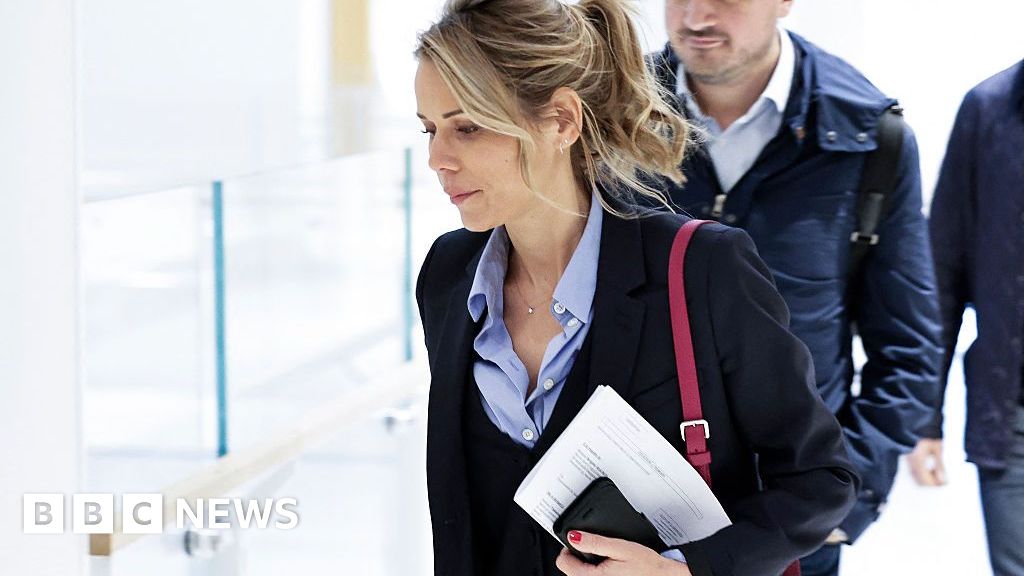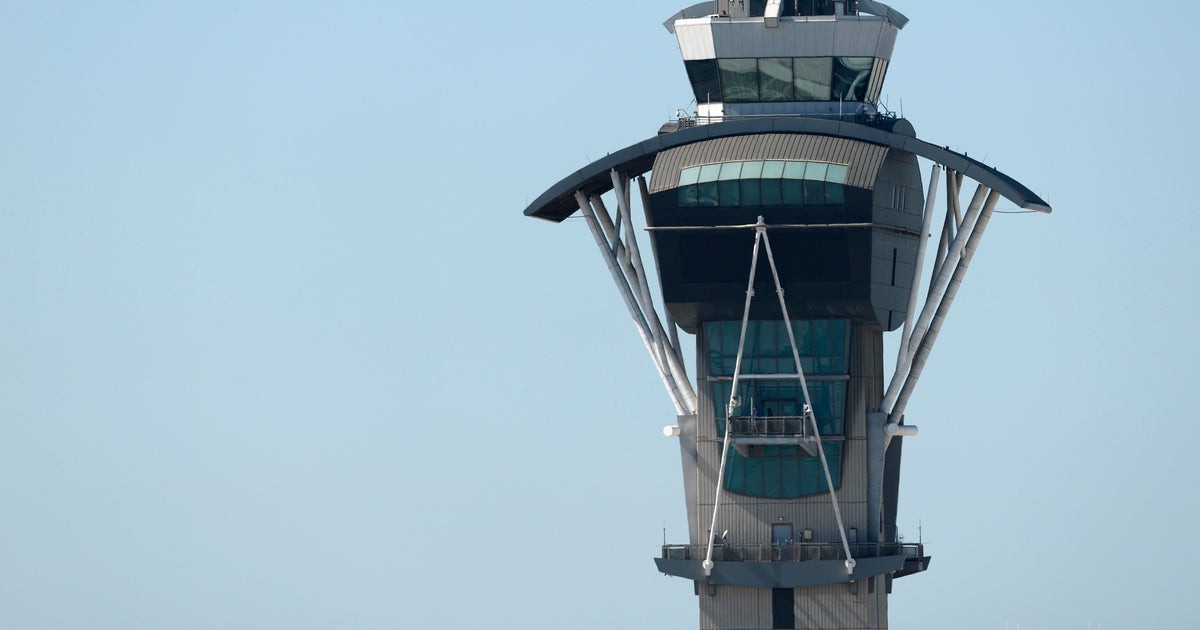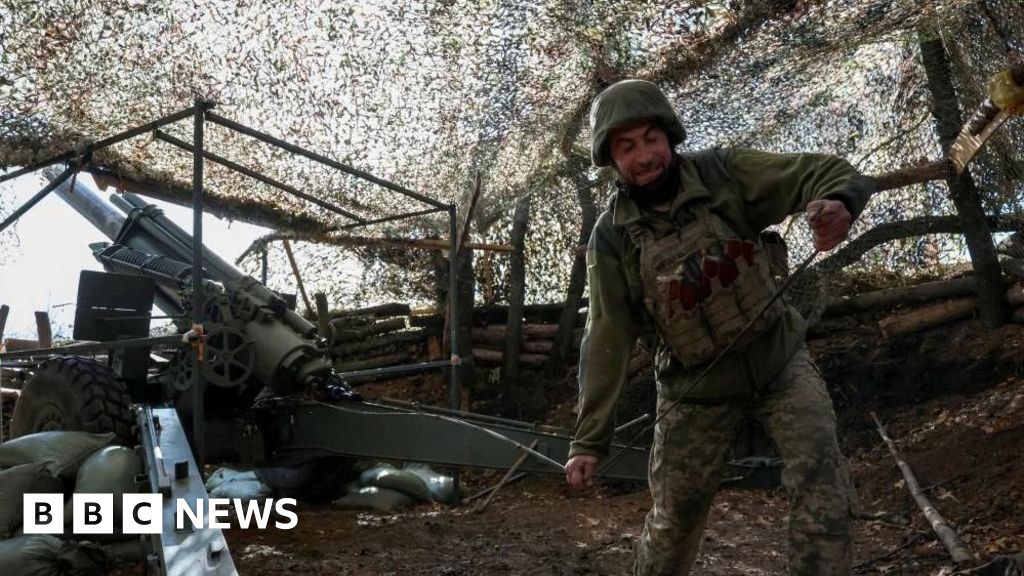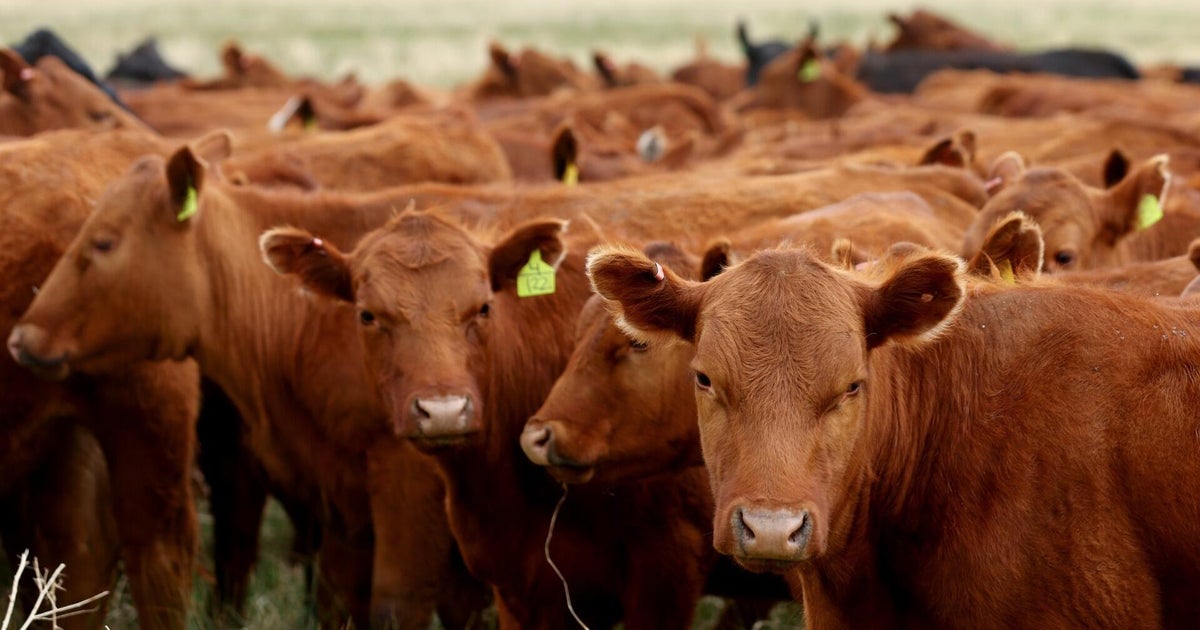“Ignoring it won’t make the issue go away and proactivity trumps reactivity.”
Loading
Online safety educator Paris McNeil also expressed her worry over a lack of action in WA schools.
“The lack of change management surrounding the ban is concerning to me,” she said.
“The eSafety Commission ran a $14 million ad campaign, but I’m not convinced it’s reaching young people.
“Education really needs to come through the schools, and teachers also need to be prepared for any chaos that will ensue when the ban hits – there will still be over a week to go in Term 4 for public school students.”
McNeil hosts workshops – mostly with private schools and bigger public schools with more resources – teaching students and teachers about the ban.
She said many students wrongly assumed either the ban would fall through, like the TikTok ban in America which lasted less than one day, or that they would be able to get around it using VPNs.
“They don’t have a clue what the ban will look like and there is a lot of misinformation out there,” she said.
Opposition Education Minister Liam Staltari quizzed Education Minister Sabine Winton on what the state government was doing to help students prepare during question time in parliament last week.
“This reform will be successful because of schools playing their part in supporting students and families in the rollout of this important initiative,” Winton replied.
“I am regularly briefed by the Department of Education, which has a comprehensive plan of support and communications to schools.
“It is well in place and in train to support schools as this important reform for our nation, for our young people, comes into effect.”
Staltari told this masthead the response had failed to reassure the public that WA schools had been equipped to help their students adjust.
He said Winton could not outline any specifics on additional state-provided support for WA teachers and school communities beyond the federal government’s eSafety Commissioner’s online materials.
“From December 10, under-16s won’t be able to access social media, even though in reality, many of them could have been using these platforms for many years,” Staltari said.
“Schools and teachers will find themselves on the frontline facing the consequences of this change and the government needs to proactively support school communities to be prepared, rather than be caught flat-footed.
“The sudden loss of access to friend networks and the ability to digitally communicate could have serious consequences.
“Our teachers and principals will be left to deal with the practical and psychological disruption.”
Staltari said it wasn’t too late for the government to give schools a toolkit of support resources.
“It isn’t enough to simply pass the buck to the eSafety Commissioner,” he said.
“The opposition calls on the government to step up and support WA schools and teachers and roll out a targeted series of presentations to outline what the ban means and how they can prepare.”
The Department of Education were contacted for comment.
McNeil said her main advice for under-16s was to prepare in advance for the loss of usual communication methods, and plan on other ways to stay in touch – particularly as the ban begins at the start of the longest holiday period for students.
She said most young people did not even have each other’s phone numbers saved.
“Back up your accounts and save any photos or messages you want to keep. Once you are logged out, there is a chance your accounts will be deactivated, and you won’t be able to log back in once you turn 16,” she said.
Start the day with a summary of the day’s most important and interesting stories, analysis and insights. Sign up for our Morning Edition newsletter.


















































